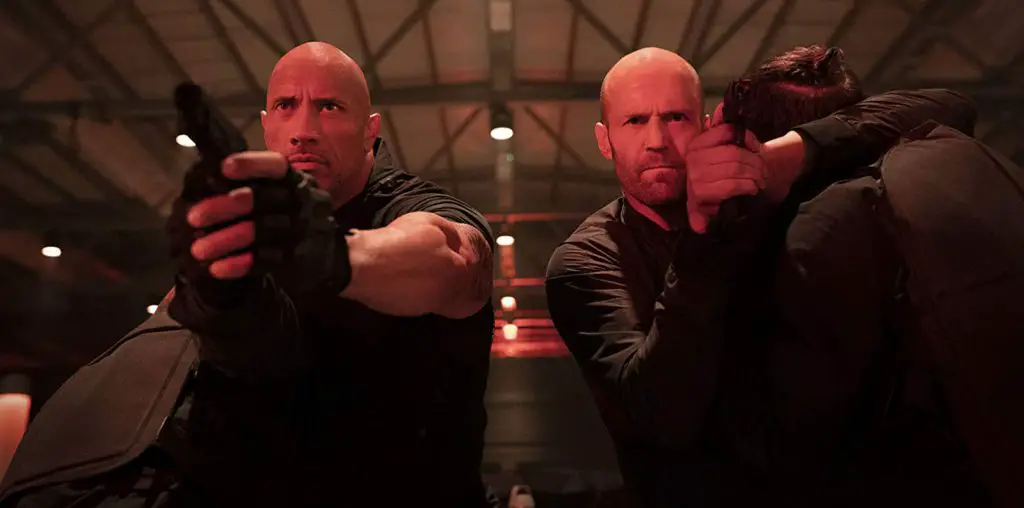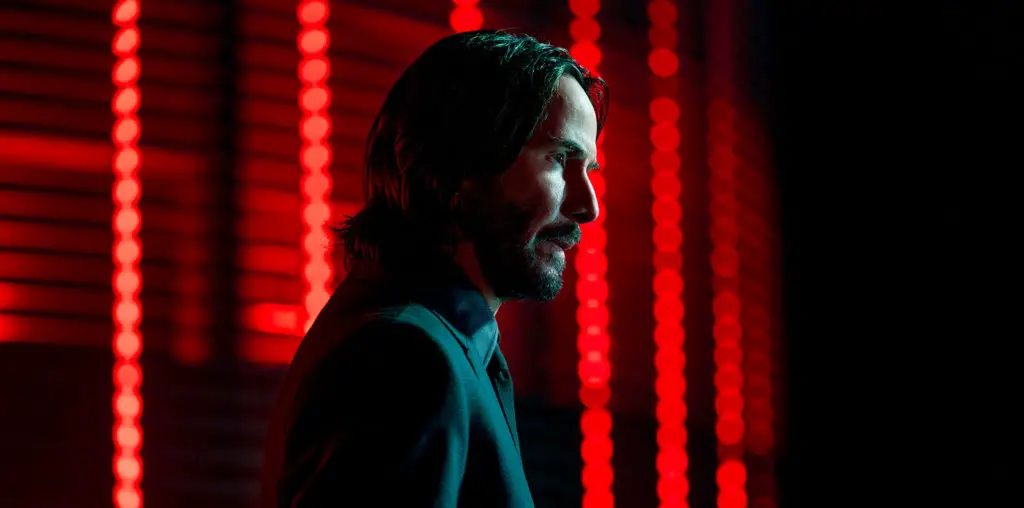
War may be hell, but it certainly lit a creative fire under Stanley Kubrick’s a*s. From his little-seen debut “Fear and Desire” to his penultimate effort “Full Metal Jacket” — with gems like “Dr. Strangelove” and “Barry Lyndon” along the way — Kubrick studied the vast chessboard of war, with its broken cannon-fodder pawns and haughty kings in the rear with the gear, and dismissed it as a game only fools would play. The master’s most astringent statement on combat and its discontents, though, has to be 1957’s “Paths of Glory.”
We’re supposed to be in France, among the tired soldiers and morally bankrupt commanders trying to hold off the Germans during World War I, but nobody onscreen is French — even Adolphe Menjou, who was of French descent, was born in Pittsburgh. (Menjou did, however, serve in WWI.) What’s more, the star is Kirk Douglas, whose every line reading, swagger and twitch scream “America.” It’s a borderline perverse decision by a legendarily perverse director, but it works; the theme is universal, so neither Douglas nor anyone else has to attempt an embarrassing French accent. This was a notoriously filthy and casualty-heavy war, and some viewers in 1957 could still be expected to remember the flashing bayonets, the soldiers weighed down in muck, the advent of mass-death technology. This is where Kubrick sits himself down to brood on the meaning of “courage” and “honor” in war.
We see a line of pressure, filtering down from the top to the doomed bottom. In an elegant setting, two generals discuss certain suicide for a division of soldiers. “The Anthill” must be taken, says General Broulard (Menjou), and he nudges General Mireau (George Macready) into putting his men into the meat grinder to try to take and hold it. These men are commanded in the trenches by Colonel Dax (Douglas), who thinks the idea sounds insane. Regardless, Dax is in no position to decline Mireau’s directive. His men will charge to their likely doom.
While we wait for the carnage, “Paths of Glory” takes a detour or two to solidify the Kubrickian formulas: man + ambition = folly, and man + power = absurdity. A lieutenant on a recon mission accidentally kills one of his own men, then blackmails the only witness into keeping his mouth shut. The day of truth arrives, and the bombing is so intense most of the men can’t even get out of the trenches. This looks bad for General Mireau, who at one point actually orders the battery commander to open fire on his own men. As an indictment of military insanity, the movie frequently rivals or surpasses such films as “M*A*S*H” and even “Strangelove.” The battle itself is terrifying — it’s not even a battle so much as indiscriminate slaughter. The soldiers are indeed like ants on the Anthill, stomped mercilessly by larger unseen forces.
All of this leads to the famous trial sequence, wherein three of the soldiers stand before a tribunal accused of “cowardice in the face of the enemy.” One of them, Corporal Paris (Ralph Meeker), is conveniently the same man who witnessed the lieutenant’s fatal error. One, a private (the great Timothy Carey), suspects he was selected because he’s “a social undesirable.” One, another private (Joseph Turkel, later the spectral Lloyd in Kubrick’s “The Shining”), just seems to have been picked randomly. The three men await execution, falling into despair, while Colonel Dax, a skilled lawyer in peacetime, prepares their defense — which isn’t going to be heard. France needs a sacrifice, as if it hadn’t bled enough; these three are the martyrs.
Kubrick lays this all out with little comment other than Dax’s outraged rhetoric; it’s Kirk Douglas’ specialty, and he swings his powerful body into his speeches and does his very best teeth-gnashing. It’s all for naught: his clients are headed for death, just as if they’d risen out of the trenches and been blown to bits. It’s all the same. “Paths of Glory” is a devastating body-blow to the mentality that must win wars. Men die for other men’s hubris; they are herded into the meat grinder for nothing, and nothing can be done about it. At the very end, Kubrick leaves us with a quiet grace note, with his future wife Christiane Harlan singing to a group of wearily rowdy soldiers who end up singing along with her. It’s a nice touch, but doesn’t seem connected to anything that’s come before. The true ending comes when General Mireau beams over the three men’s execution — “The men died wonderfully,” he oozes. One can picture Kubrick chuckling darkly at that.

